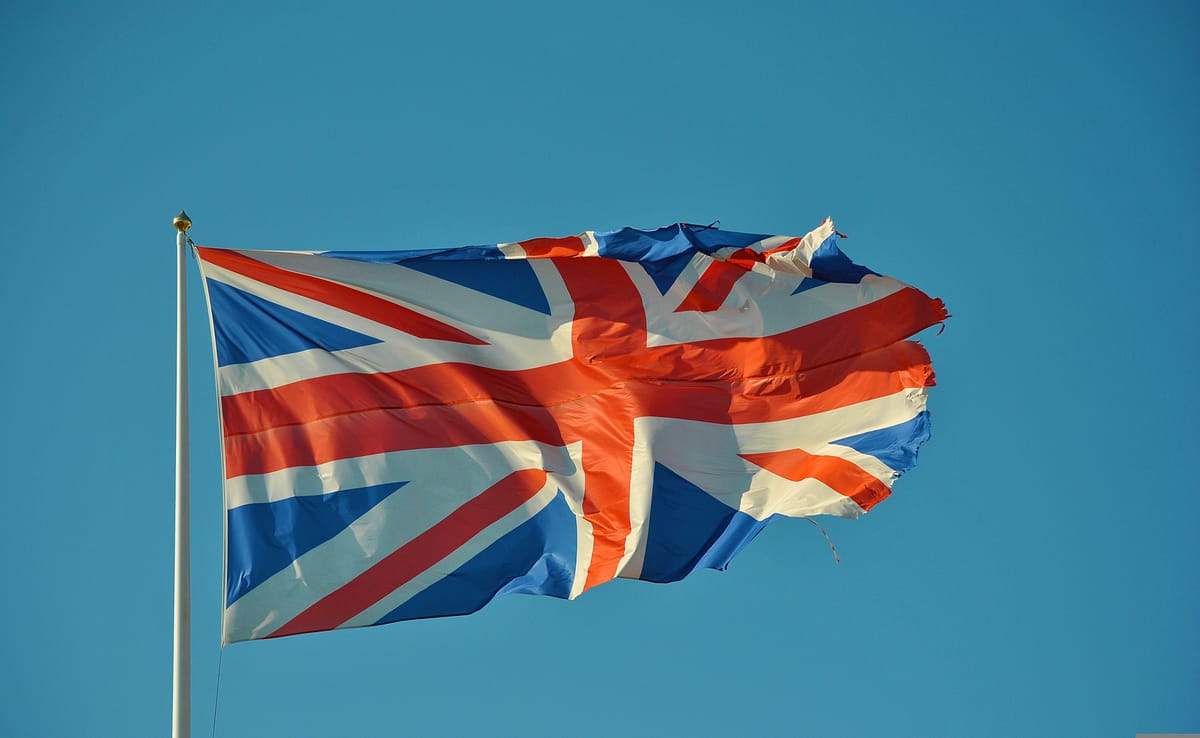UK Citizens Turn to VPNs as Controversial Age-Verification Laws Spark Digital Exodus
The UK's new age-verification requirements for adult content have triggered an unexpected digital rebellion, with VPN downloads surging by over 300% in the first week following implementation. As Britons scramble to circumvent what critics call "digital censorship," the government's well-intentioned policy to protect minors has instead highlighted the fundamental challenges of regulating the borderless internet.
The New Digital Landscape
The Online Safety Act's age-verification provisions, which came into effect January 2024, mandate that websites hosting adult content must verify users are over 18 through government-approved methods. These include uploading photo ID, providing credit card details, or using third-party age-verification services that store personal data.
However, rather than comply with these requirements, many UK residents are simply bypassing them entirely. Data from leading VPN providers shows remarkable spikes in British users:
- ExpressVPN reported a 285% increase in UK subscriptions
- NordVPN saw 340% growth in downloads from British IP addresses
- Surfshark experienced their largest single-week surge in UK users since launching
"We've never seen adoption rates like this in the UK market," explains Sarah Chen, a digital privacy analyst at TechWatch. "It's reminiscent of what happened in authoritarian regimes, not democratic nations."
Why VPNs Became the Solution
Virtual Private Networks allow users to mask their location by routing internet traffic through servers in other countries. By connecting to a server in Germany, France, or the Netherlands, UK users can access websites as if they were browsing from those locations—completely sidestepping British age-verification requirements.
The appeal is obvious: VPNs offer anonymity without the privacy concerns of uploading identification documents to commercial websites. Many users express discomfort with the idea of creating a digital paper trail of their browsing habits, particularly given recent high-profile data breaches affecting adult websites.
"I'm not doing anything illegal, but the thought of my personal details sitting on some server linked to my browsing history is deeply unsettling," says Manchester resident David Thompson, who downloaded his first VPN last week.
Unintended Consequences Mount
The government's age-verification initiative aimed to create one of the world's most comprehensive online child protection frameworks. However, early implementation reveals several problematic outcomes:
Increased Digital Literacy Barriers: Older users, who the policy was partially designed to protect through ID verification, are struggling with VPN setup while tech-savvy minors easily circumvent restrictions.
Revenue Loss: UK-based adult content creators report significant drops in domestic traffic, with many considering relocating operations to more permissive jurisdictions.
Cybersecurity Risks: The surge in VPN adoption has led to increased downloads of potentially malicious free VPN services, exposing users to data harvesting and security vulnerabilities.
International Implications
The UK's experience serves as a cautionary tale for other nations considering similar legislation. The European Union is monitoring the situation closely as it develops its own Digital Services Act provisions, while several US states have paused their age-verification rollouts pending the UK's results.
"What we're seeing is the internet's natural immune response to geographic restrictions," notes Dr. Maria Rodriguez, a digital policy researcher at Oxford University. "The technology to circumvent these measures is not only readily available but increasingly user-friendly."
Industry Response
Major VPN providers have found themselves in an awkward position, experiencing windfall profits while becoming inadvertent opponents of child protection measures. Most have issued statements emphasizing their support for online safety while defending users' privacy rights.
Meanwhile, adult content platforms face an impossible choice: implement costly age-verification systems that users will simply circumvent, or block UK traffic entirely and lose a significant market.
Looking Forward
As the dust settles on the UK's digital age-verification experiment, several lessons emerge. The policy has undoubtedly raised awareness about online safety and parental controls, but its primary mechanism—mandatory age verification—appears fundamentally incompatible with how the modern internet operates.
The surge in VPN adoption represents more than technical workaround; it reflects a broader tension between governmental authority and digital autonomy. As lawmakers worldwide grapple with regulating online spaces, the UK's experience demonstrates that effective internet governance requires understanding not just policy goals, but the technical realities of implementation.
For now, British internet users have voted with their downloads, choosing privacy and convenience over compliance—leaving regulators to reconsider whether their digital borders can ever truly be enforced.
